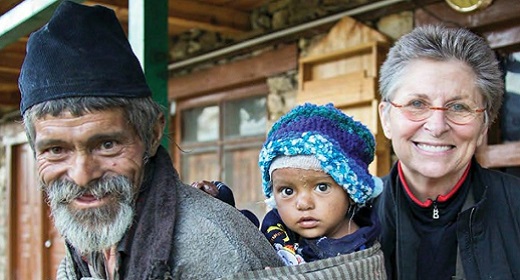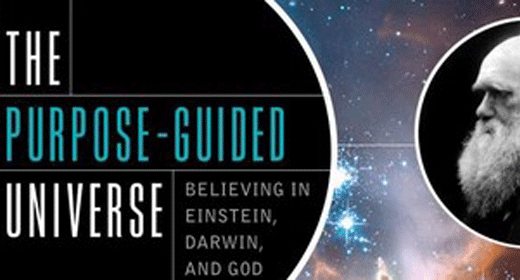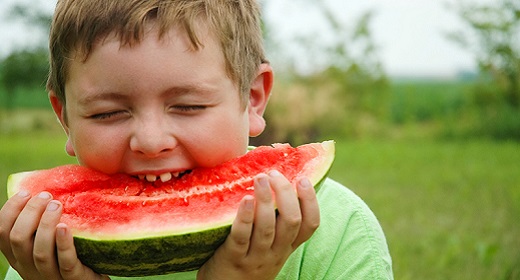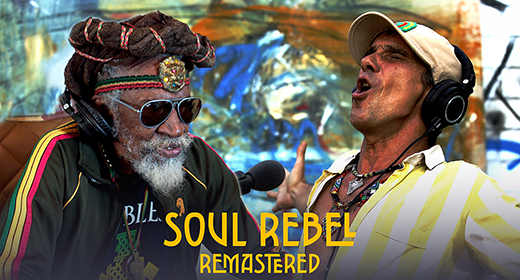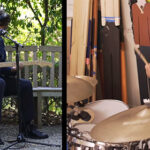by Ananda Giri: I am certain most of us would agree with the view that “suffering” has been one of humanity’s biggest challenges…
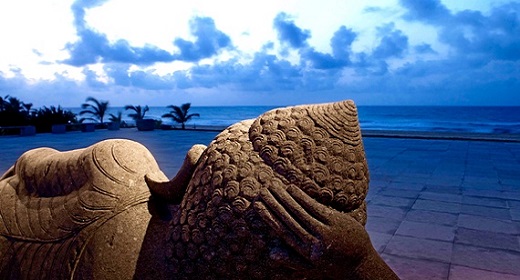
By “suffering” we are referring to the psychological pain we experience in its varied forms: fear, hurt, disappointment, anxiety, shame, regret. Of course no one likes physical pain either, but it is this psychological discomfort we fear more than anything else.
How do we habitually respond to this challenge called suffering?
Not knowing how to deal with suffering, we are constantly finding new ways to distract ourselves from this inner “pain.” We are prepared to engage ourselves in any activity, physical or mental, that can provide us a distraction from our psychological discomfort. We are so ready to embrace any view, no matter how irrational or baseless it is, if it promises to provide us some solace. Some even make “suffering” a sacred practice, believing suffering to be the only path to salvation or enlightenment. Although deep in our hearts we know these ideas to be utterly baseless, we are still scared of questioning them because we are afraid that we might lose the little comfort they keep providing us.
Every time we are confronted with challenging conditions in life, we experience a lot of fear and uncertainty and begin to believe that until our conditions have changed, we are not going to be able to regain that happiness we once experienced. But what if those conditions never changed or if it took 10 long years for those conditions to transform — does it then mean that for years or for the rest of our life we will have to live in misery? If this were really true, it means we have no freedom whatsoever to choose our inner experiences. If this is the case then there certainly is a serious flaw in this universe and this can’t be true.
At One World Academy, where I am a faculty member, we believe that suffering is a result of the meanings we attach to our life situations and not a result of the situations themselves.
In the world we live in there are all kinds of people; rich people, poor people, healthy people, sick people and people with physically challenged conditions. There are several million among the seven billion people in the world that are abundantly rich, have all they need and yet are unhappy within. There are also several million among us who are abundantly rich, have all they need and who are happy within.
There are several hundred millions among us that are relatively poor and are deeply unhappy within. And, there are several hundred million living in utterly poor conditions with very little or even nothing and yet are happy within.
How can a similar life situation cause two entirely different states of being?
Could it mean that it is not the situation that is responsible for what one experiences within? If it is not one’s life condition that determines one’s inner state of being, that is it that defines one’s inner state of being? Is the happiness or unhappiness people experience within dependent on life’s situations themselves or is it a result of the meanings we attach to those situations?
It may be true that all of us do not have that same equal opportunity to be equally rich or to live an equally comfortable life as that is dependent on many factors outside of our control but every one of us most certainly shares an equal opportunity to find happiness as this inner state of being is not determined by any of our external circumstances. So, yes it is absolutely possible for everyone, irrespective of our gender, age, religion, class, culture or creed to live a life free of suffering. Suffering is a choice and will always remain so. In bringing total attention to ones suffering, it becomes evident that suffering is only a choice and that one can choose to step out of it.
Anandagiri is a senior faculty member at One World Academy. For more information visit OneWorldAcademy.com.





